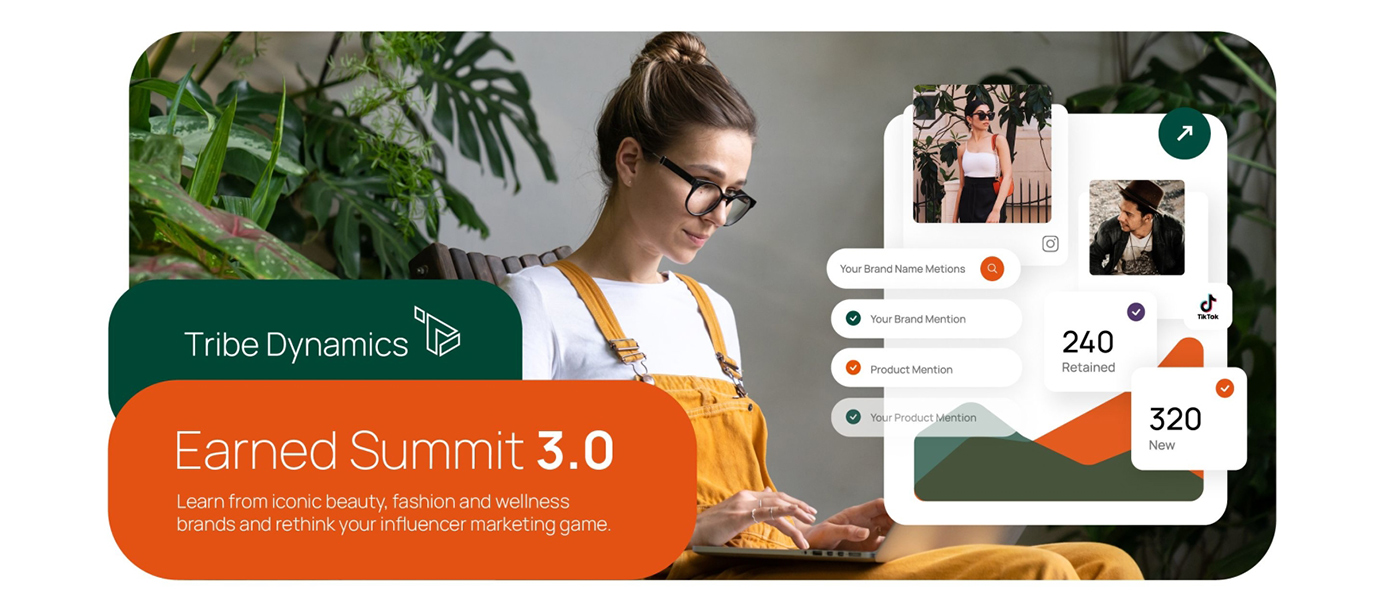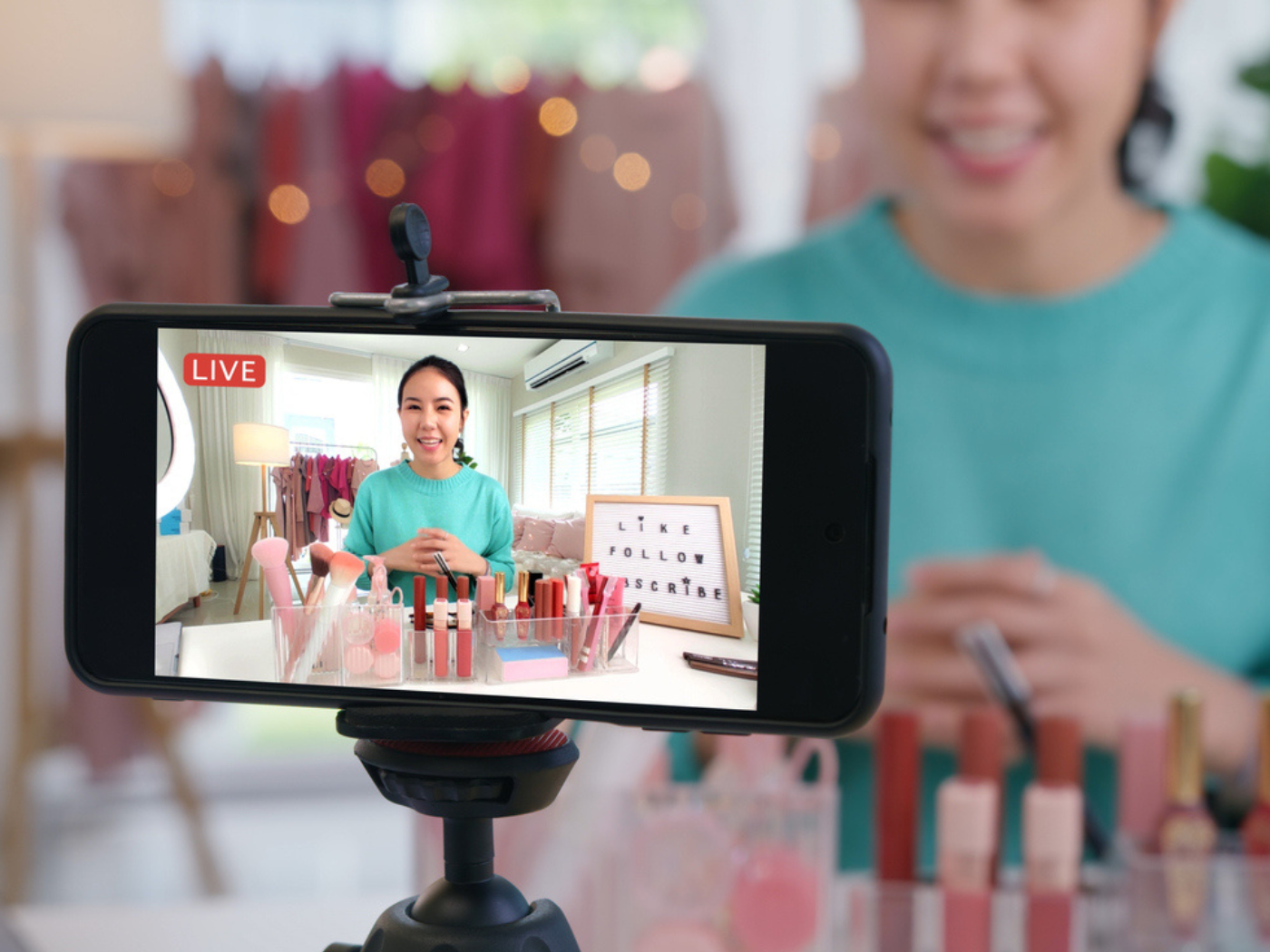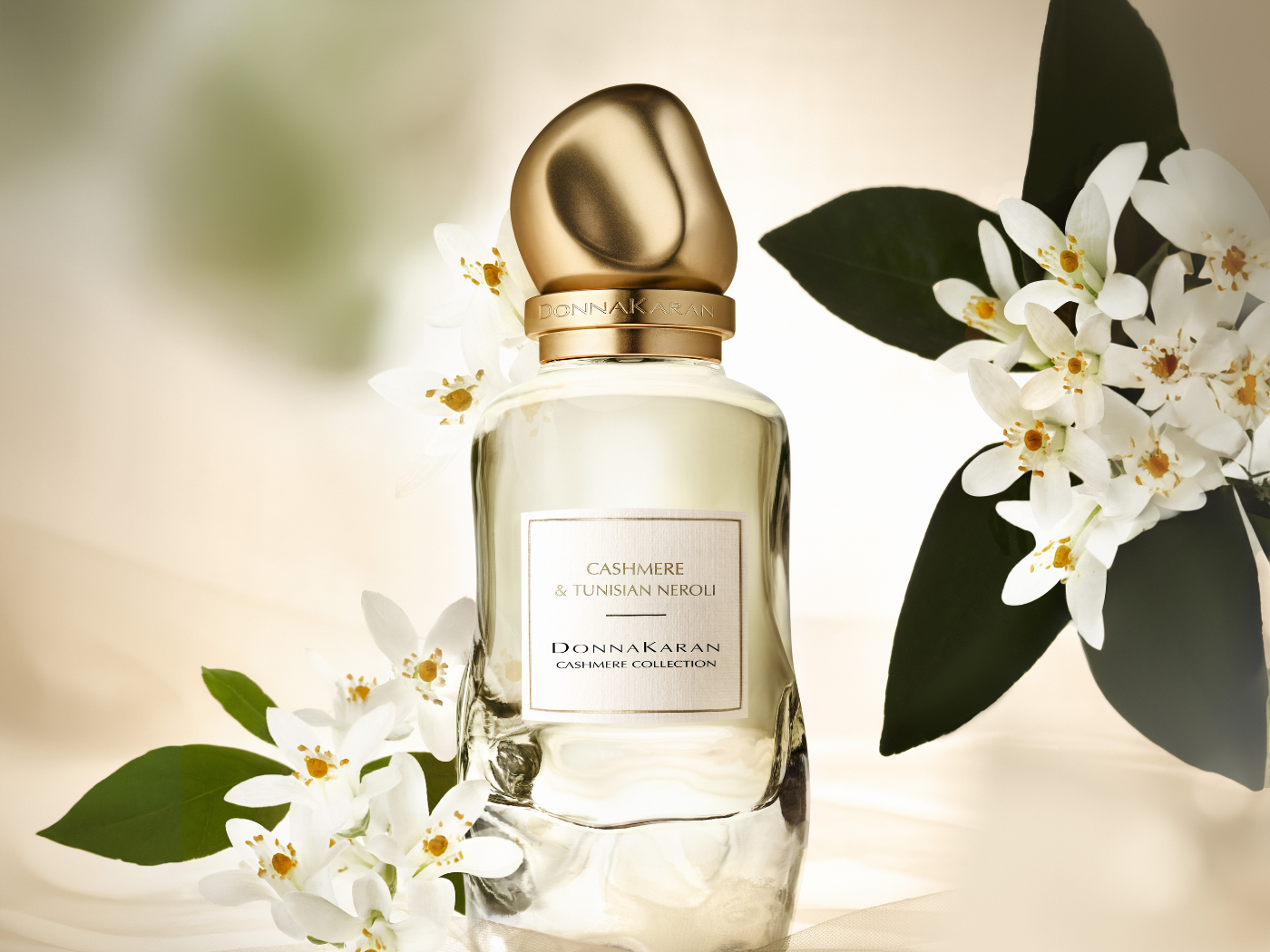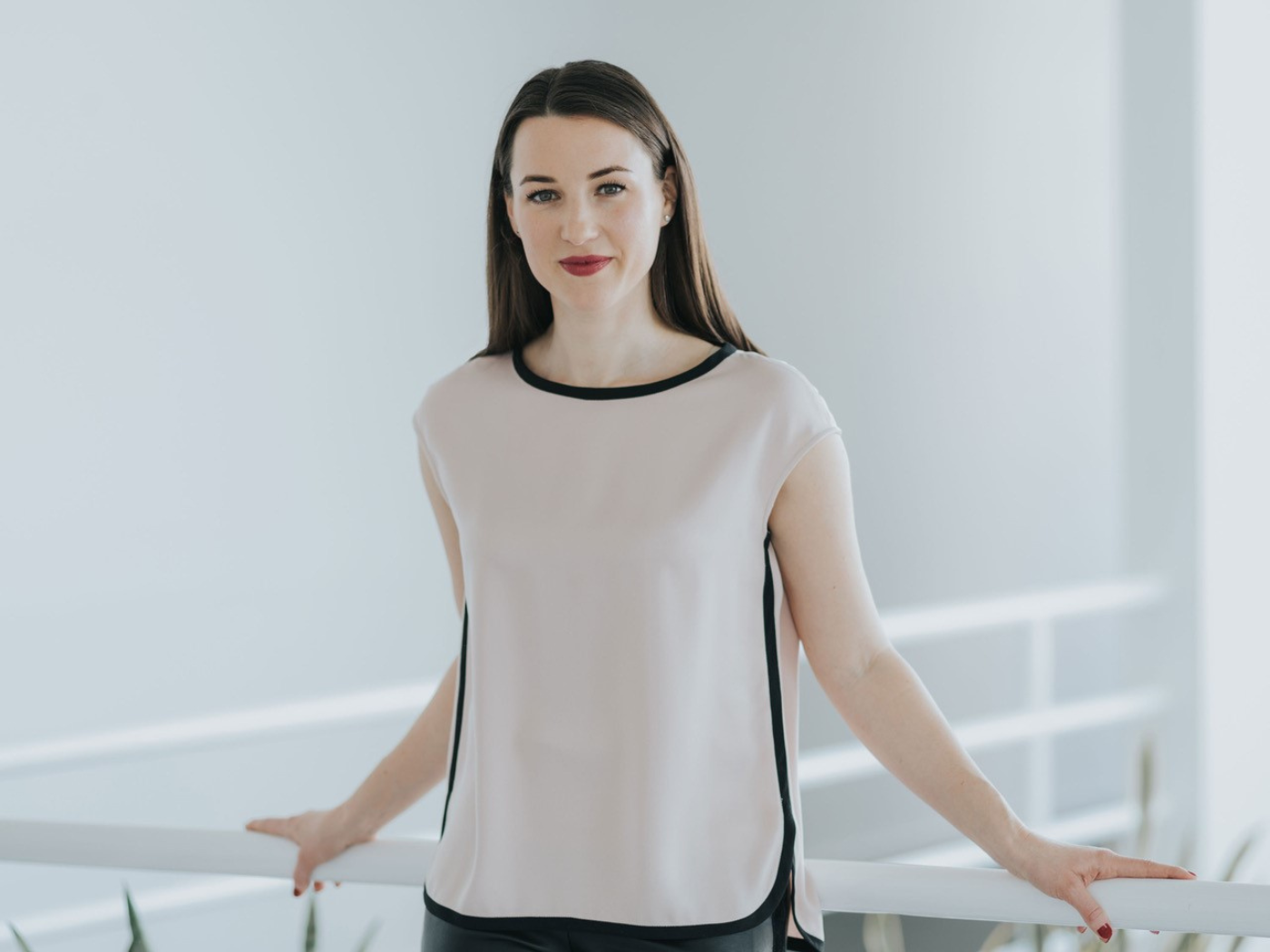Jefferies attended Tribe Dynamics’ Earned Media Value Summit where beauty marketing and social engagement experts talked about the latest trends in the industry. Jefferies expects influencer and experiential marketing to continue to affect beauty sales. Here, highlights from Jefferies’ report, written by Stephanie Wissink and Grace Menk.
Influencers and Brands are Evolving Toward Long-Term Partnerships
- There is a budget shift from one-time posts to long-term partnerships with influencers that are symbiotic and look more like collaborations
- Brands need to be more relationship-driven when working with influencers
- An ongoing cadence to brand/ influencer content is important
- Influencers are increasingly inquiring about brands’ sustainability efforts and wanting to see real evidence of sustainability efforts before partnering
- Brands are increasingly wanting influencers to incorporate products into lifestyle posts vs. beauty-only posts
- Brands w/ in-house marketing have a greater ability to manage influencer relationships and trend shifts
- Givenchy had success as the first beauty brand to launch an NFT in June. Proceeds were donated.
Strategies Vary Across Platforms
- TikTok is a unique platform – high velocity and virality of organic content, but short lifecycles
- Instagram content cannot simply be re-used on TikTok – needs to be unique content
- Influencers are increasingly viewing TikTok as a place to educate, especially among younger consumers
- The Instagram Branded content tool can be a helpful way to meet FTC guidelines but brands have had glitches with it
- Not every brand needs to be on every platform
- IOS changes have brands to rely less on third-party data
- Livestream shopping has done well – shopping meets entertainment
TikTok is Allowing Beauty Influencers to be Consumers’ Friends
- Gen Z wants less polished, more organic and authentic content; influencers feel they can be more real on TikTok
- The product posts that are the most successful are the ones where the creator/influencer is speaking to their audience like a friend
- Discovery is much easier on TikTok e.g., views aren’t based on followers, and feeds don’t only show who you follow — but it’s harder to predict what will stick
- It’s better to let a trend pass than be late
- Nothing but upside in TikTok commerce integration
- Quicker time to basket, less friction
Clean Beauty is Top of Mind But a Moving Target
- Influencers are increasingly inquiring about brands’ sustainability efforts before partnering
- Each brand has different definitions of what it means to be clean and transparent
- Carbon neutrality is hard to assess, given the changing nature of carbon footprints
- Brands may have to defend class issues related to the price points; not unique to beauty, but pricing “clean” out of range has inherent “class bias”
- Consumer wants can often be conflicting: consumers want an ethical supply chain, but don’t want any changes to the formulation they love.
- Clean beauty is not a “growth driver” for brands, it’s a necessity (table stakes); in five years if you’re not “clean,” you’re dead
Supergoop! CEO on Approach to Sun Care Marketing
- The mission of fighting and preventing skin cancer is intertwined with product innovation.
- For example, in response to a common place for skin cancer being on the eyelids, Supergoop! developed a SPF eyeshadow
- They focus on the fun of putting on a SPF instead of skin cancer scare tactics
- They have witnessed a shift toward younger people talking about the importance of daily SPF on TikTok.
- CEO noted that they want people to wear sunscreen more than they want them to wear Supergooop!
Various Brand Approaches on Clean Beauty
- Priscilla Tsai, CEO and Founder of Cocokind:
- Publishes all incidentals and % of ingredients
- Thinks about necessity before putting out new products
- Zach Rieken, CEO of Living Proof:
- Leans into science and research and follows scientific proofs
- Shows product efficacy through teaching demos that influencers can replicate
- Michael Ahmad, Senior Director of Global Education at Herbivore Botanicals
- Uses no synthetics
- Offers transparency throughout the supply chain




